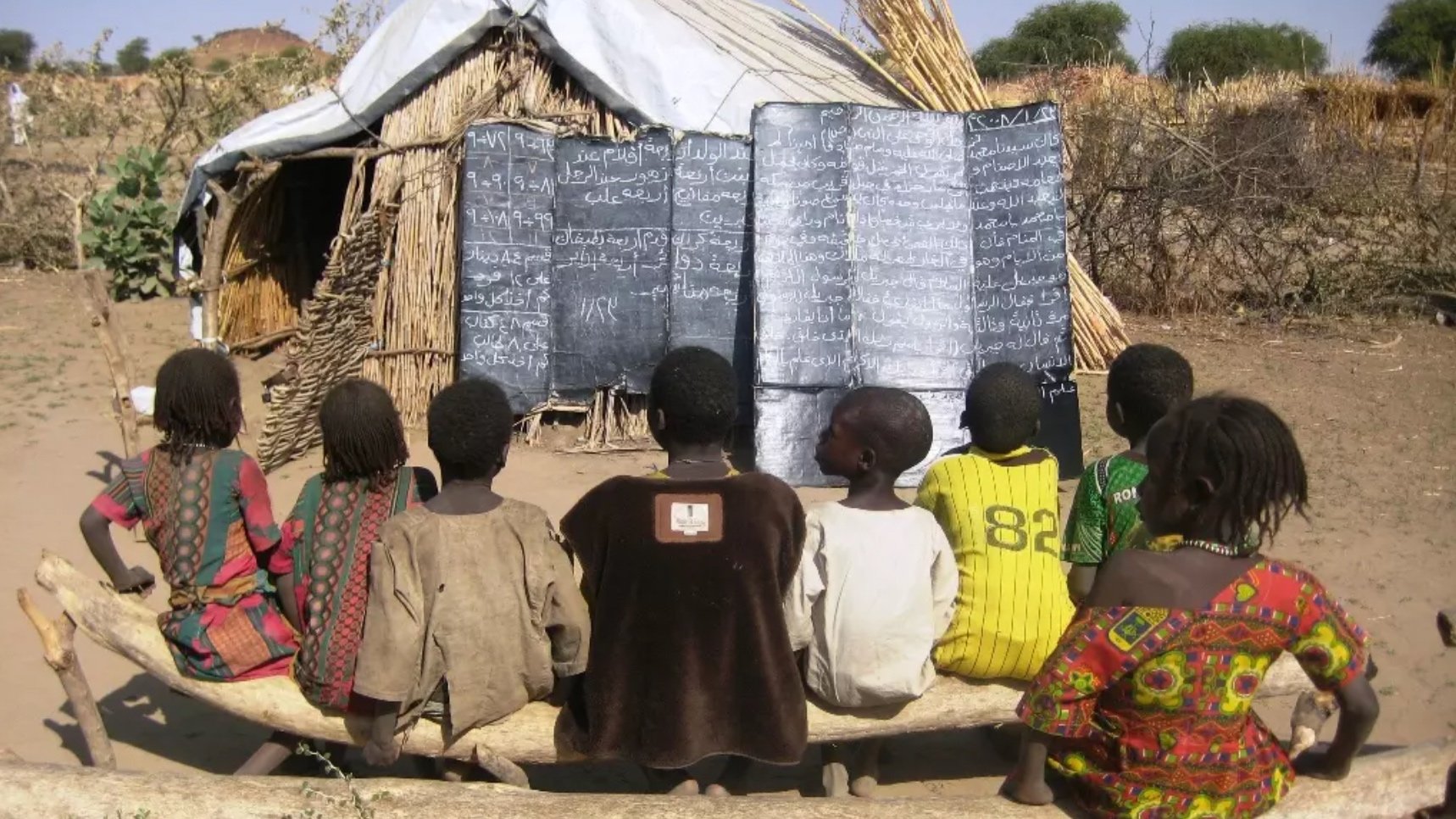Donors urged to support education for refugees at Global Refugee Forum
A multi-stakeholder pledge co-led by donor governments and international organisations has been designed to crowd in support for states hosting large refugee populations to ensure both refugee and host community children have access to education.
Welcoming the announcement by the donor governments and international organisations co-leading the multistakeholder pledge on education, the Rt Hon. Vicky Ford MP, Co-Chair of the International Parliamentary Network for Education said, “There’s no reason why having had to flee their homes refugee children also have to lose their education.”
In 2018, governments and international organisations adopted the Global Compact for Refugees which laid the foundation for more predictable and equitable responsibility-sharing for refugee hosting.
Today 76 percent of the world’s refugees live in low- and middle-income countries which often struggle to deliver basic services to refugees and the communities that host them.
That is a key driver of the exclusion of refugee children from education - close to half of the world’s refugee children - 48% - are out of school and even when they have access to school, the education they receive is often low quality.
This year’s Global Refugee Forum in Geneva, the second of its kind, is an important opportunity for the international community to close the refugee education financing gap so that the world’s refugee children and their host community peers can go to school and learn.
To advance the objectives of the Global Compact for Refugees, states, donor countries, organizations, academics and refugees themselves can announce concrete pledges and contributions that will achieve tangible benefits for refugees and host communities, including ensuring all refugee and host community children have access to education.
Securing more and better support for refugee education
The UK, Germany and Canada along with the World Bank, the Global Partnership for Education (GPE), Education Cannot Wait, UNICEF and UNHCR are co-leading a multistakeholder pledge with the aim of providing more support to refugee hosting states to include refugee children in their national education systems.
Including refugee children in the education system of their host country is the most practical and sustainable way to provide displaced children with accredited and certified learning opportunities that can be monitored for quality.
The pledge helpfully sets out all the commitments by refugee hosting states to support refugee education but which require external assistance to deliver.
Donors and other partners are encouraged to make pledges that include multi-year financial, policy, and/or technical support to cover the additional costs (including operating costs) related to the inclusion of refugee children and/or to help strengthen national systems.
This is an important opportunity for the international community to come together to show solidarity and a strong commitment to refugee inclusion.
“I urge my parliamentary peers to encourage their governments to not only deliver on existing pledges but also make new commitments under the framework of the education pledge so that the promise we made to ease the pressure on large refugee hosting states and ensure refugees have access to education in host countries is finally fulfilled.”, said Co-Chair of the International Parliamentary Network for Education the Right Hon. Vicky Ford MP.
“More development and humanitarian assistance must be provided to states that host large refugee populations who undertake this responsibility for the entire intentional community.”
By supporting the pledge donors commit to providing the necessary additional financial, material, technical assistance to make inclusion possible and support the delivery of quality education.
Donors can also join the pledge by supporting one or more of the international organizations that provide educational support during humanitarian crises, such as Education Cannot Wait (ECW).
Since its inception in 2016, ECW, the global fund for education in emergencies, has reached 2.07 million refugees – 30% of the worlds’ refugee children. The Fund aims to reach 20 million children in emergencies and protracted crises by 2026. To reach that target ECW needs $1.5 billion and has already secured $800 million of its replenishment target.
Online parliamentary briefing on refugee education
The pledge will be discussed during a high-level online forum for parliamentarians on Monday, 13th of November, which IPNEd is organizing together with UNHCR, the International Institute of Humanitarian Law and the Inter-Parliamentary Union.
Key speakers include Rt Hon Vicky Ford MP, Ms Gillian Triggs, and IPNEd’s Executive Director, Mr Joseph Nhan O’Reilly.
“The briefing will provide members of parliament with the latest information on the Global Compact on Refugees, especially in respect of education, along with information on how they can shape your government’s pledges at the Global Refugee Forum in December”, said Mr Nhan O’Reilly.
If you’d like to attend the event, please register here.



